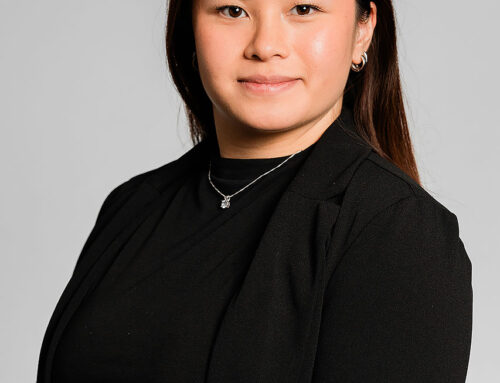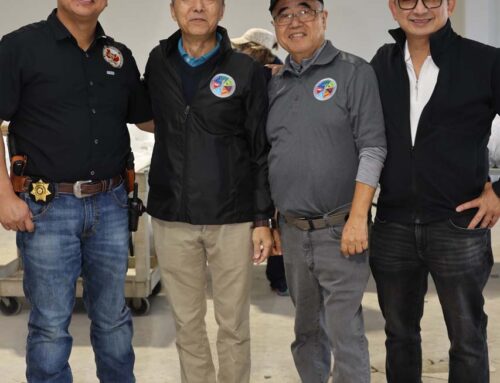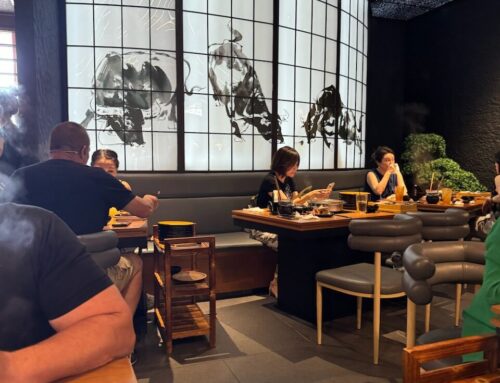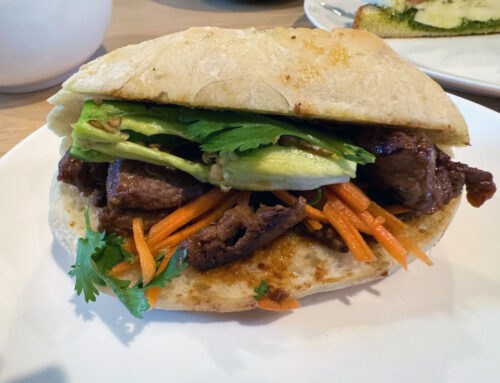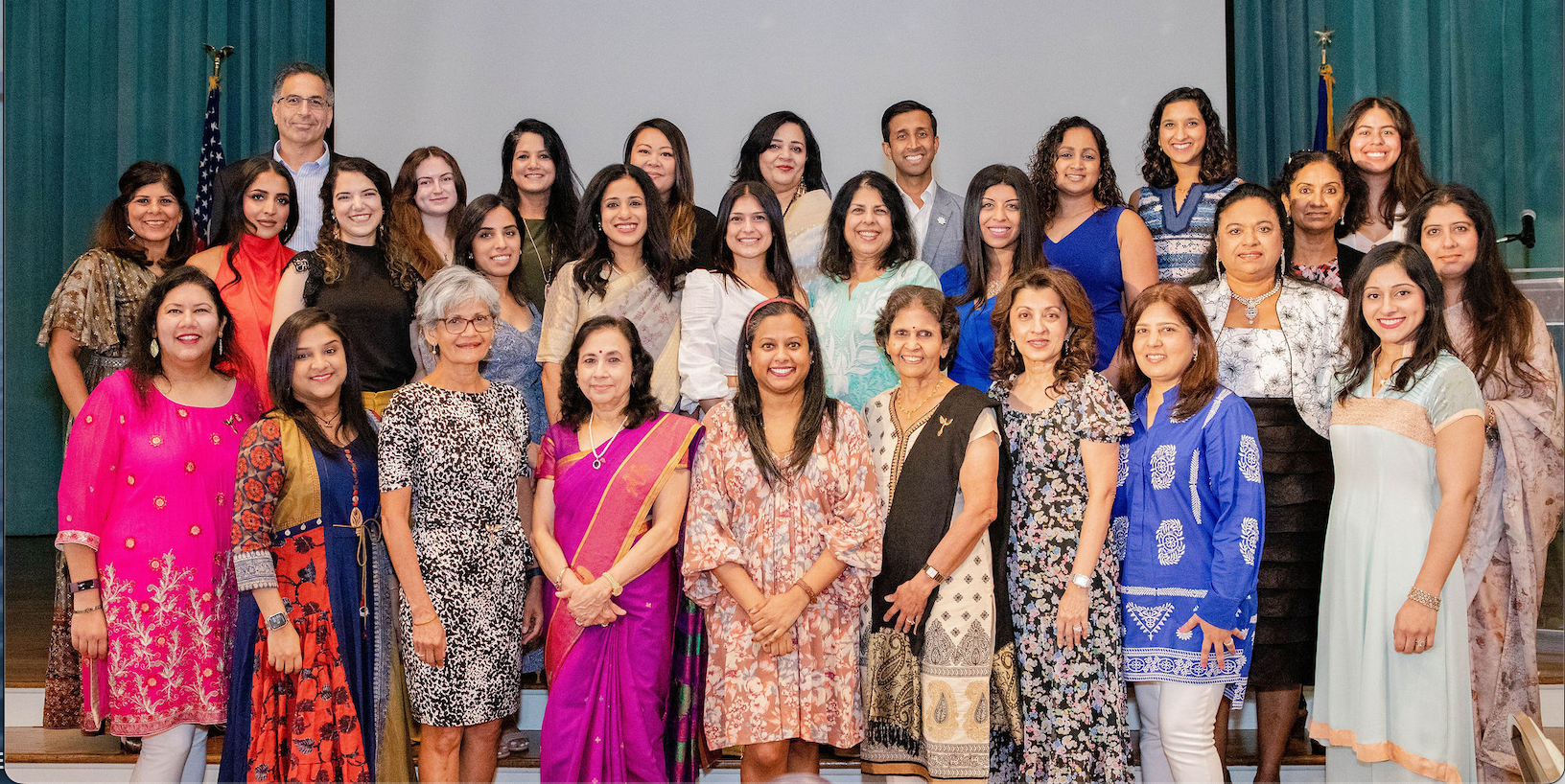
Rachna Khare,1st row center; staff & supporters
In Sanskrit, the ancient language that sprang from South Asia, “daya” can mean compassion.
In Houston, using the word as the name of a local non-profit social service agency sends a strong signal of hope to its clients: women of South Asian birth or descent who need help in a crisis.
More specifically, Daya helps women who face social forces that threaten their physical and mental health, their family status, their immigration status, their ability to work, their right to independence, or even their right to survival.
Because the women’s urgent needs often stem from traditional South Asian family and gender roles, Daya works to help them with culturally attuned approaches — and in the language they speak best.
These days most of the clients come from India, Pakistan, Bangladesh and Afghanistan. Others were born in Bhutan, Nepal, Sri Lanka, the Middle East and North Africa.
With a growing staff of 15 people who now serve more than 600 women per year, Daya operates from an office along the Hillcroft Avenue corridor. The area in southwest Houston is where the Southwest Management District and Gulfton Area Management District meet.
The corridor, officially known as the Gandhi District, is home to many South Asian restaurants, markets, clothing stores and jewelry stores that draw customers from around the world and from the metropolitan area’s largest clusters of South Asian residents: Houston, Sugar Land, Missouri City and Stafford.
 In 1996, a 28-year-old Stafford woman from India who had entered into an arranged marriage shot her husband and their three children to death, set the family home on fire and then fatally shot herself, according to police. Her husband had been awaiting trial on charges of beating her.
In 1996, a 28-year-old Stafford woman from India who had entered into an arranged marriage shot her husband and their three children to death, set the family home on fire and then fatally shot herself, according to police. Her husband had been awaiting trial on charges of beating her.
According to Daya Executive Director Rachna Khare, a local group of
South Asian women — all married to Houston-area physicians —had already been working to form what became Daya. The Stafford incident then made the issues more vivid to the public.
Acquaintances of some of the founders disapproved of their activities anyway.
“Our founders lost friendships,” Khare said. “They were told ‘You are getting involved where (you) they shouldn’t be.’ ”
Nevertheless, they persisted, as the saying goes.
Now Daya offers a wide range of services, including on-site counseling and therapy, translation services, referrals to immigration and family lawyers (who discount their fees to Daya) and coordination of responses from religious institutions and public and private agencies such as police departments, the Harris County District Attorney’s Office Family Violence Unit and the Houston Area Women’s Center.
Companies also pitch in. For instance, Indus Communities, which manages several southwest Houston apartment complexes where immigrants live, works with Daya clients who need to relocate to escape abuse.
Among South Asian families, Khare said, such abuse is often rooted in attempts by a husband and/or his parents to dominate and control an immigrant wife, some of whom come to the United States to enter into a marriage arranged by relatives.
Relatives may try to prevent a woman from leaving an abusive marriage — with her children, if she has any — by threatening to have her deported. Under federal law, Khare explained, even bearing a child does not guarantee that a woman without permanent immigration status can remain in this country.
“Her immigration status is tied to her abuser,” Khare stated. And if an immigrant mother flees anyway, “the husband is back here filing for divorce, claiming abandonment.”
Daya honors the strength of women who request its services.
“It actually is this ‘insanely’ courageous act to take the patriarchal structure — this violence upheld by the patriarchy — and put an end to it,” according to Khare. “People who are abusers have often experienced abuse themselves, and so this is a cycle.
“And what these women do, even by (just) making a phone call (to Daya), is they are breaking the cycle. They are saying, ‘This doesn’t continue on to my children. It stops here.’”
While receiving grants from city, county and state governments, Daya turns largely to local individual donors to fund the rest of its $1.5 million annual budget. Khare wants to show potential donors outside South Asian circles that the non-profit’s work benefits society at large.
“The longer implication of that is your children are now going to school with other children who live in safer homes; that healthy relationships are being modeled.”
Daya’s annual fundraising gala luncheon, called “Crowns of Courage,” is Sept. 21. Go to dayahouston.org or call its office at 713-842-7222 for more information.
Potential clients should call the confidential helpline at 713-981-7645.
— By Alan Bernstein



